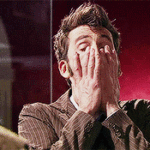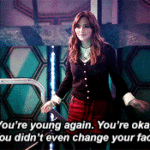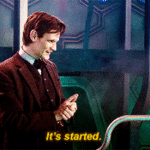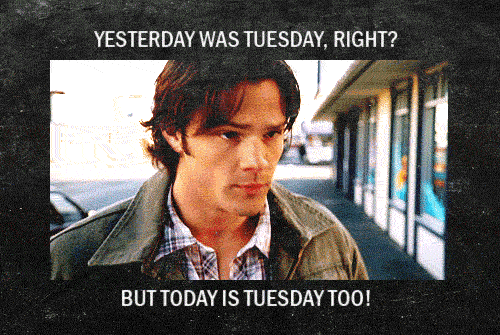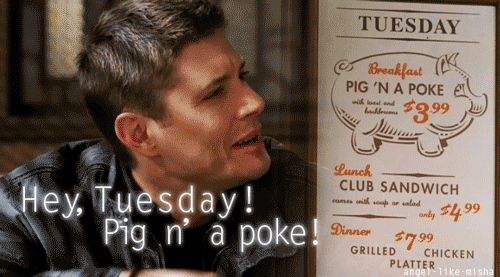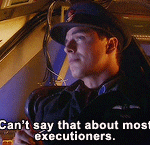(Pt. 1, Watching the Detective)
So if your detective’s too pretty and all the girls & boys & others are looking at him a bit too much and a bit too wrong, then you gotta straighten things out. You better bring in a woman, sexualize the fuck out of her, and make clear that she’s the object of a desiring gaze that is obviously male—a gaze that is, at least in part, Sherlock’s. This gives the show a heterosexual object and tries to make Sherlock a heterosexual subject (that is, she’s the object that’s wanted, and he’s the subject who wants). I say “tries”: Sherlock looks at Irene, naked and clothed, intimately and not, but I see no sign that he ever takes erotic pleasure in it. I know what a sexual gaze looks like (like other women, I have to), and I see no sexuality here. For Sherlock, Irene is not the object of desire but the object of deduction: it’s not pleasure he takes from the looking, it’s knowledge. And of course knowledge is power. This is the project of “A Scandal in Belgravia”: to bring in Irene Adler, align her with Sherlock and his deductive power, and then disempower her by making her the erotic object and him the knowing subject. In other words, she’s the source of visual pleasure, and he’s the source of narrative power.
The episode identifies Sherlock with Irene with a long series of jump-cuts, camera angles, framing, and plot devices. These audacious mirrorings and doublings link them in a complex exchange of power and knowledge. They are paired, and at first Irene’s on top, visually and in terms of her power to move the plot along by temporarily beating Sherlock at the information game. But in the end, he outsmarts her and wins. The upshot is fairly simple and very traditional: Irene = sexual female body, Sherlock = rational male mind, with sexuality less powerful than rationality. So much, so obvious. But the episode just works so damn hard to do this—why? I think it’s because to this point in the series, Sherlock, in his beauty, his visual centrality, and most of all in his relation to John, has presented an unusual model of masculinity, complicated and perhaps contradictory—and ever so queer. This episode tries to straighten that out; in the end, however, it doesn’t fully succeed.
The first glimpse we have of Irene is her hand on her phone, where she keeps all that dangerous information, and then her negligéed ass walking toward a certain royal female person.
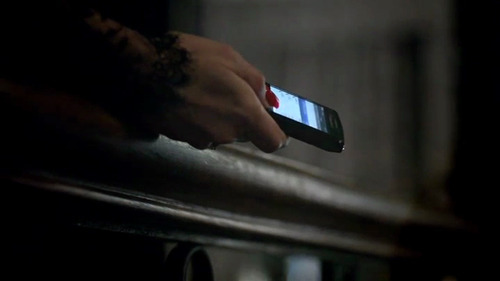
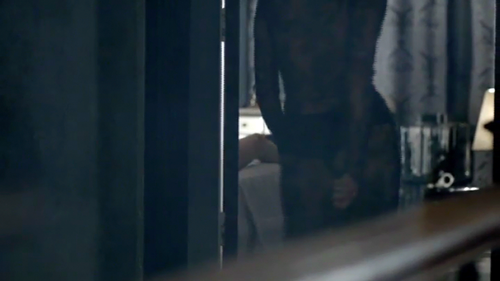
So this is Irene’s power at the start: information, and sexual agency. (To wit: information about sex.) In this she challenges Sherlock: in an early image we look at a photo of him in his fame and deductive power, and at her hand in its beauty and sensuality, covering up his face.
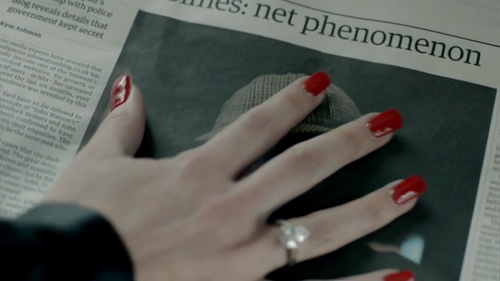
“I’m going to get you,” that hand says. (Yep, it’s a gorgeous object—but note that hands are also symbols of selfhood and agency, for they are how we manipulate, use tools, and touch.)
Read More







